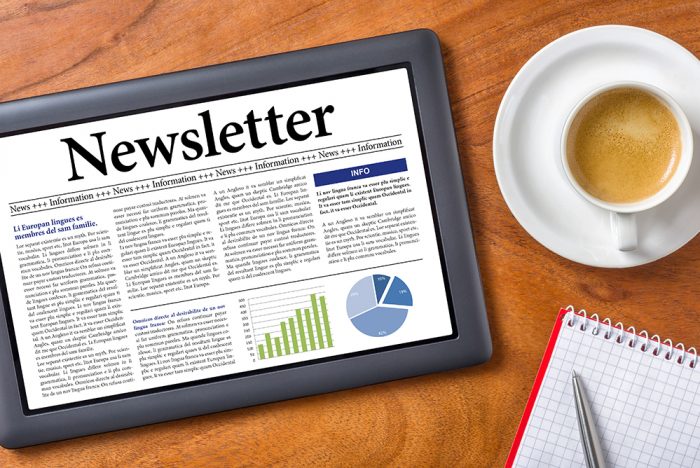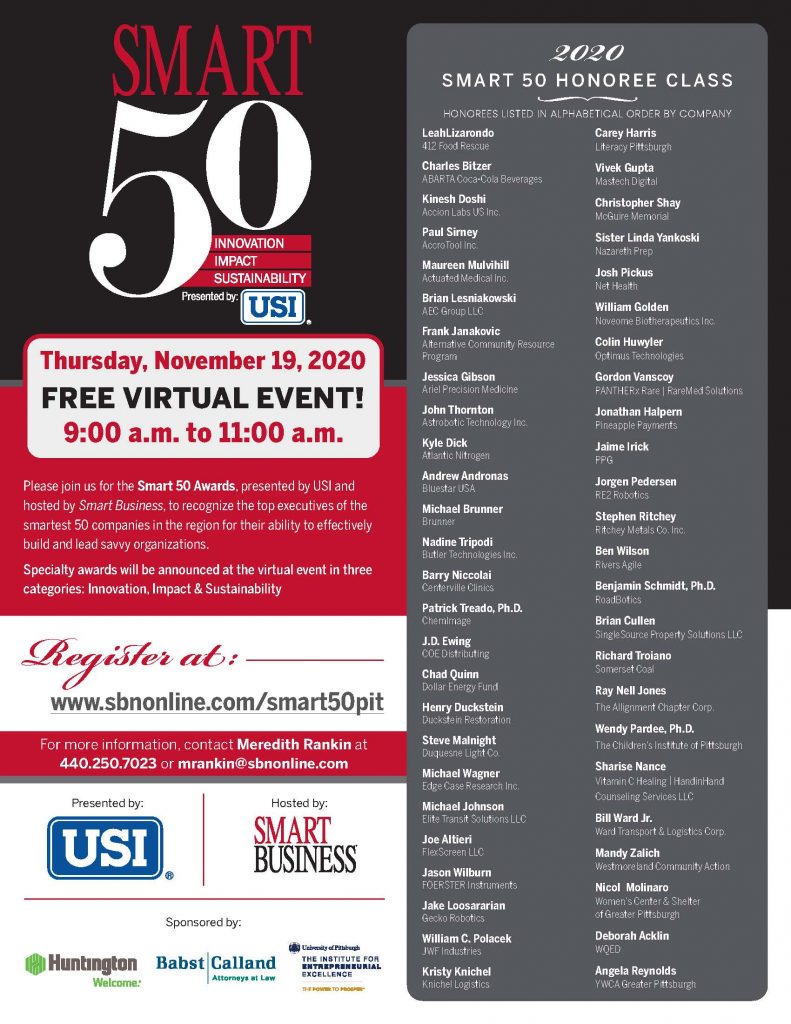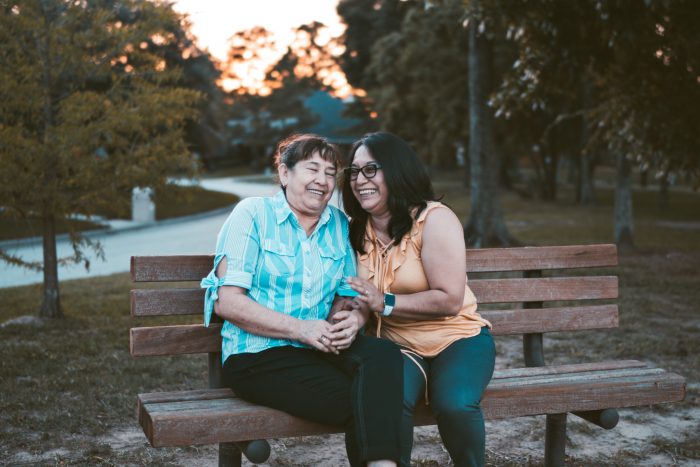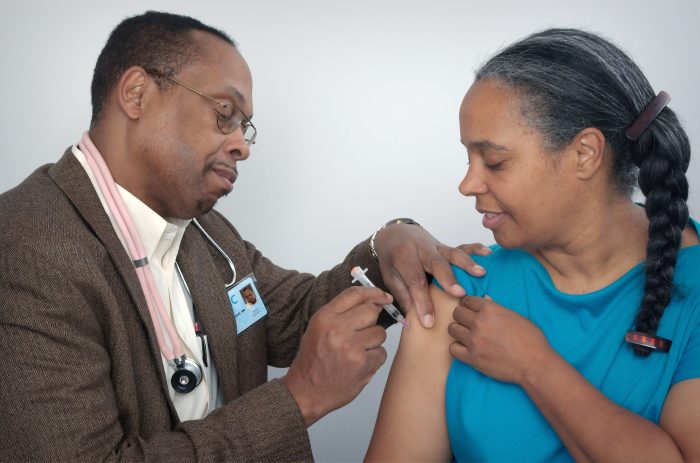Over the last several years, RCPA had produced a monthly newsletter – gathering articles and information for members on a more global basis. This was in addition to the daily (alerts, infos) and weekly information provided. Our statistics show that this newsletter was, in fact, read (or at least opened!) by membership on a fairly routine basis.
With the appearance of COVID, however, everything seemed to become “immediate.” The notion of a monthly newsletter seemed to become antiquated and out of touch with the needs of our members and what was happening to the minute of each day during an ongoing crisis.
As we look back at the last year, as a staff we discussed what perhaps had been missed by not providing this communication. We did not want to simply revisit producing the monthly newsletter, just because that’s the way business had always been; those times have passed.
But admittedly, there are some things that are falling through the cracks during this “everything is now” culture. So after discussion, we are moving to the creation of a Quarterly Newsletter – but not one that simply rehashes all that we have already sent out to membership. You have this information already, and by the time of our newsletter publication it may be “stale” or even outdated.
Rather, this publication will focus on topics such as the following:
- Articles from provider members and businesses on a range of topics;
- Programs / best practices / technology highlights;
- Introduction of new members;
- Content from our national association partners that has not been covered elsewhere;
- Updates from our growing Diversity, Equity, and Inclusion (DEI) Committee;
- Updates from other projects (e.g., Media Campaign) and committees;
- Member updates (e.g., honoring staff, awards given);
- Legislative tracking updates; and
- Conference and educational updates and opportunities.
Please join us in the creation of this newsletter and in assisting with the content of this new publication. We hope you will enjoy this addition to the RCPA member communication. We envision this new endeavor beginning in March 2021.

















